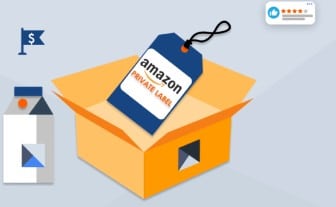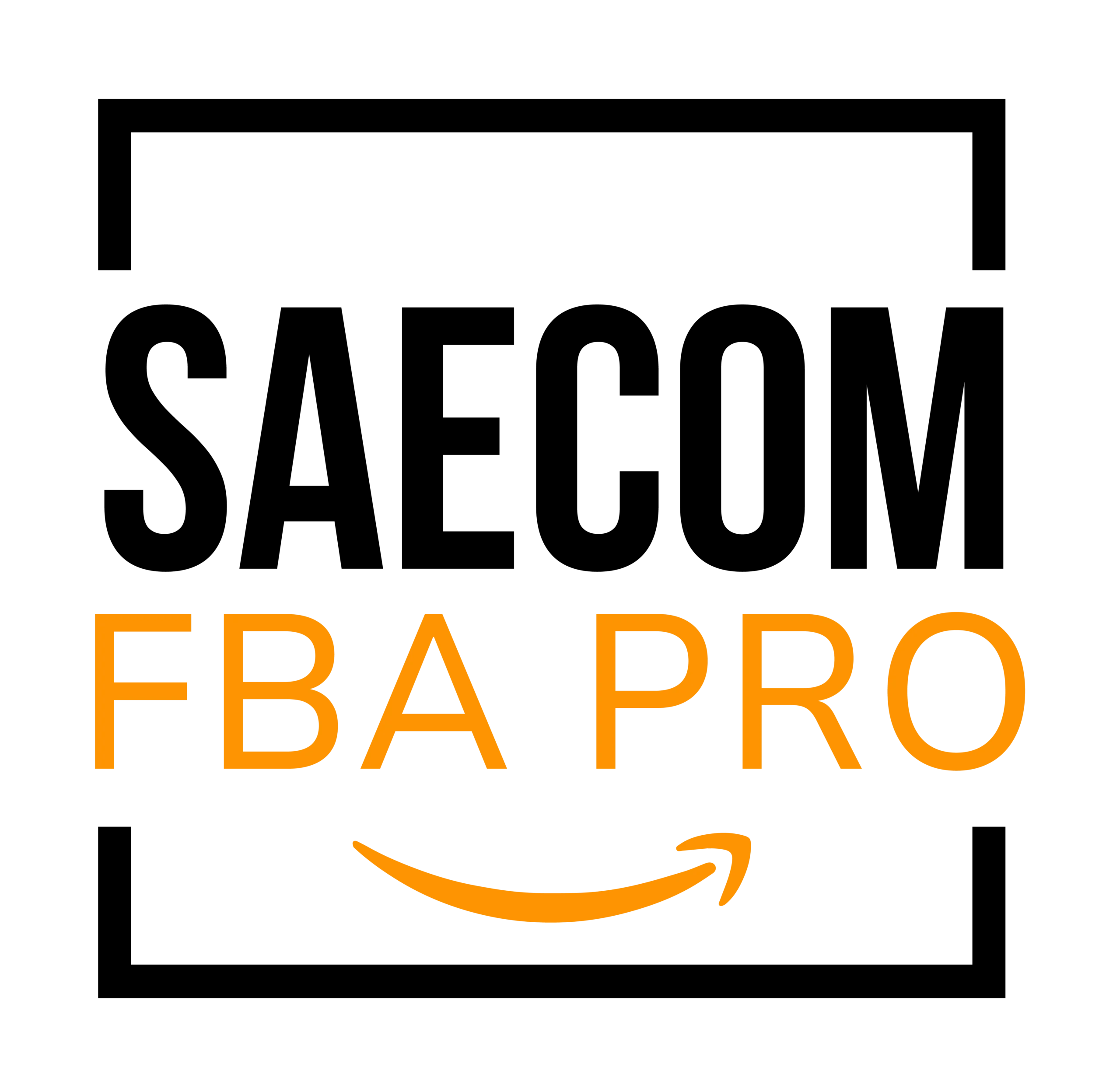Private Label (PL) items: Amazon's rising competition at Amazon
Amazon FBA Private Label
Private Label (PL) With millions of sellers and an ever-expanding customer base, the platform provides businesses with unparalleled potential. Private labeling (PL) is a tactic that has grown in favor among Amazon FBA (Fulfillment by Amazon) businesses.
Private labeling, also known as white labeling or branding, is a business model in which a seller purchases basic or unbranded products, then adds their own branding and sells them on Amazon as their own unique brand.
Why is Amazon’s private labeling so popular?
Brand regulation: Private labeling allows businesses to create their own brand identity, regulate product quality, and gradually gain customer trust.
Higher Profit Margins: By eliminating intermediaries, sellers can frequently enjoy higher profit margins than when reselling established products.
Private label (PL) merchants have the ability to target certain niches and the population, responding to different customer demands and preferences.
Scalability: As a seller’s brand grows in popularity, they can expand their product line and offer a greater range of things to their consumer base.
Private label (PL) sellers own the Amazon product listings they produce, giving them more control over product descriptions, pricing, and marketing.

The Effect on Amazon FBA Sellers
Private labeling offers profitable customers, but it also increases competition within the FBA ecosystem. Here’s how it’s done:
Increased Competition: As more sellers enter the private labeling market, competition for top-selling niches and items heats up.
Pricing Pressure: A rise in private label (PL) vendors may result in price wars, which will reduce profit margins for FBA sellers that source and resell branded products.
Market Saturation: Because some areas might be flooded with private label products, it may be difficult for FBA sellers to locate successful prospects.
FBA sellers may need to modify their strategy in order to compete effectively. This could include looking into private label possibilities or improving their marketing and customer service.
Thriving and Surviving as an Amazon Seller
In the face of rising competition, FBA sellers can take the following steps to keep their competitive edge: Research is developing niches and trends in areas where competition may be less fierce.
Diversifying your portfolio To lessen dependence on a particular product or niche, diversify your product portfolio.
Branded Partnerships: Work with private label vendors as a supplier or distributor of their items.
Quality and Service: To differentiate your offerings, focus on great product quality, customer service, and fulfillment.
Invest in marketing and advertising to increase visibility and sales, even for non-private label products.
Adapt and evolve: Be willing to change your strategies as the Amazon marketplace evolves.
Conclusion: The never-ending profit maximization in the Private Label (PL) category
The rise of Amazon private labeling is changing the e-commerce industry, providing both opportunities and challenges for FBA merchants. While growing rivalry is a reality, it additionally shows the platform’s dynamic nature. FBA sellers can succeed in the Amazon market even in the midst of the private label revolution with strategic planning, adaptability, and a commitment to providing value to customers. After all, the engines that drive growth and achievement in every marketplace are innovation and competition. At this point, you need best Amazon marketing agency in Vancouver such as SAECOM.
For more information, visit us at https://saecomfbapro.com/. Make sure to follow us on Instagram and Facebook to get the latest updates.


